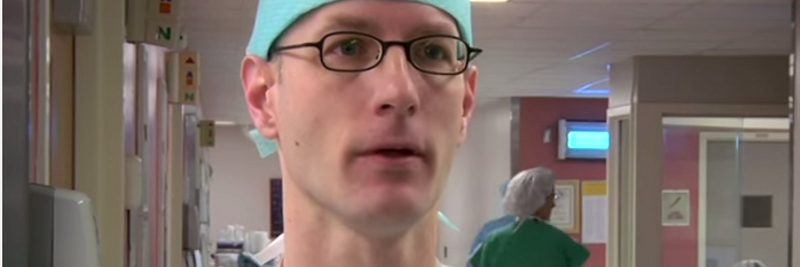As medicine and technology continue to advance, new ways of healing people become available. One recent technological advancement is in robotic surgery. Robotic surgery is when a robot, controlled either directly or indirectly by a doctor, performs the surgery directly. With robotic surgery comes a number of pros and cons that should be considered before putting yourself under the robotic knife.
What Are the Pros of Robotic Surgery?
1. Offers a high degree of precision.
Robotic surgery provides a great deal of precision during the operation. A robot is capable of significantly more precise maneuvering, capable of telling the difference between fractions of an inch. This high degree of precision helps keep down the risk of accidental side effects of surgery. As a result, the number of robotic surgical equipment has grown steadily over the past decade, reaching over 500,000 units world-wide.
2. Controlled and monitored by a doctor.
A robotic surgery unit is not left to its own devices. Rather, it is carefully monitored by the doctor, who can choose to use the robotic surgery unit for part or all of the procedure if possible. By having this unit to rely on, the doctor is less tired over the course of the procedure, helping to ensure a higher success rate. Instead of bending over an operating table, the doctor can instead watch highly detailed images instead, making adjustments if and when needed.
What Are the Cons of Robotic Surgery?
1. Relatively new.
Robotic surgical units have been around for just over a decade. During that time, they have quickly expanded in use. Some individuals within the field of medicine believe that this increase in usage has occurred to quickly. Instead, it is argued that the technology should be vetted for longer before arriving in popular use. In addition, there should be a longer amount of time training doctors on the use of this technology. Without additional training, it is feared that the rate of accidental injury and death will increase.
2. A fear of the untested.
There is a certain comfort that comes from having a doctor directly operate on you. Though this may not be entirely rational, a growing number of people are afraid that something will go wrong with the machine leading to injury or death. There are roughly 50 reports of injury or death out of every 100,000 cases. While very low, this number has grown in the past year.
Crystal Lombardo is a contributing editor for Vision Launch. Crystal is a seasoned writer and researcher with over 10 years of experience. She has been an editor of three popular blogs that each have had over 500,000 monthly readers.


















